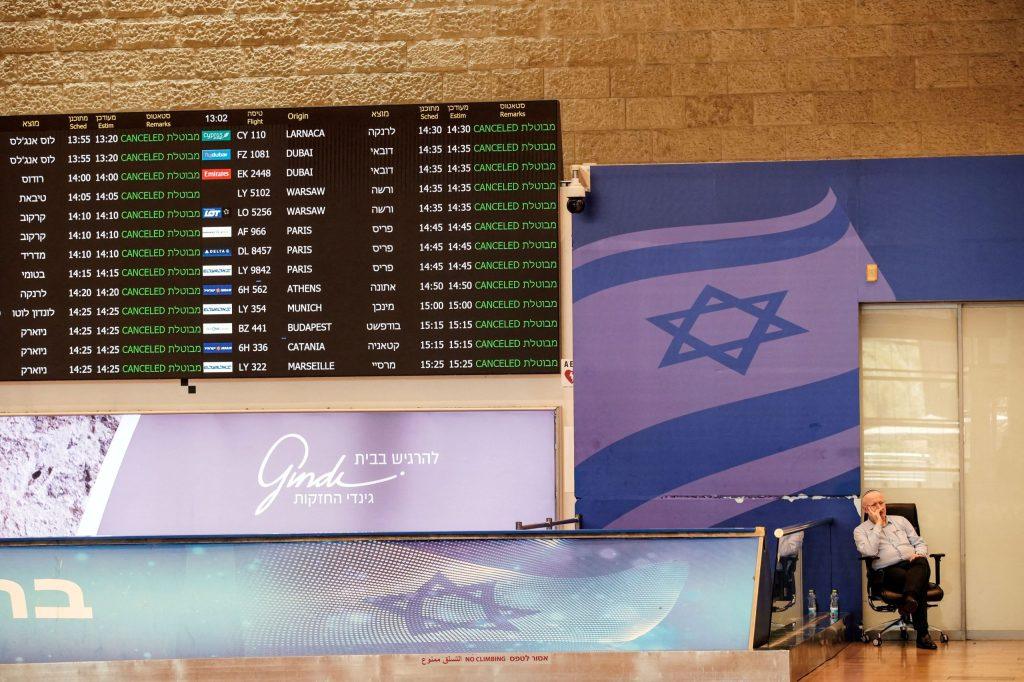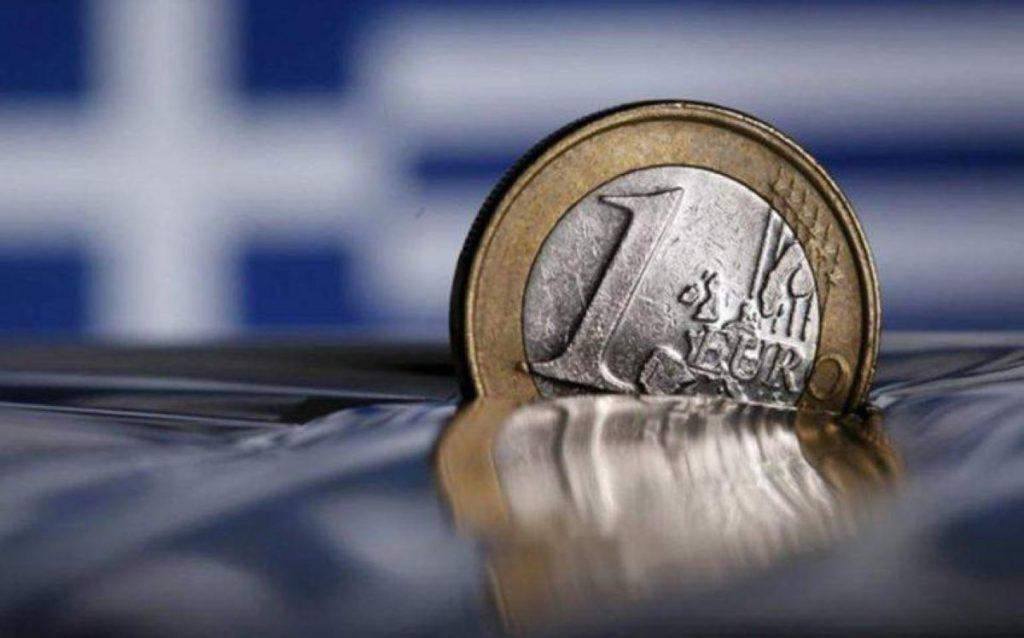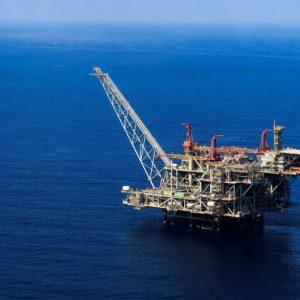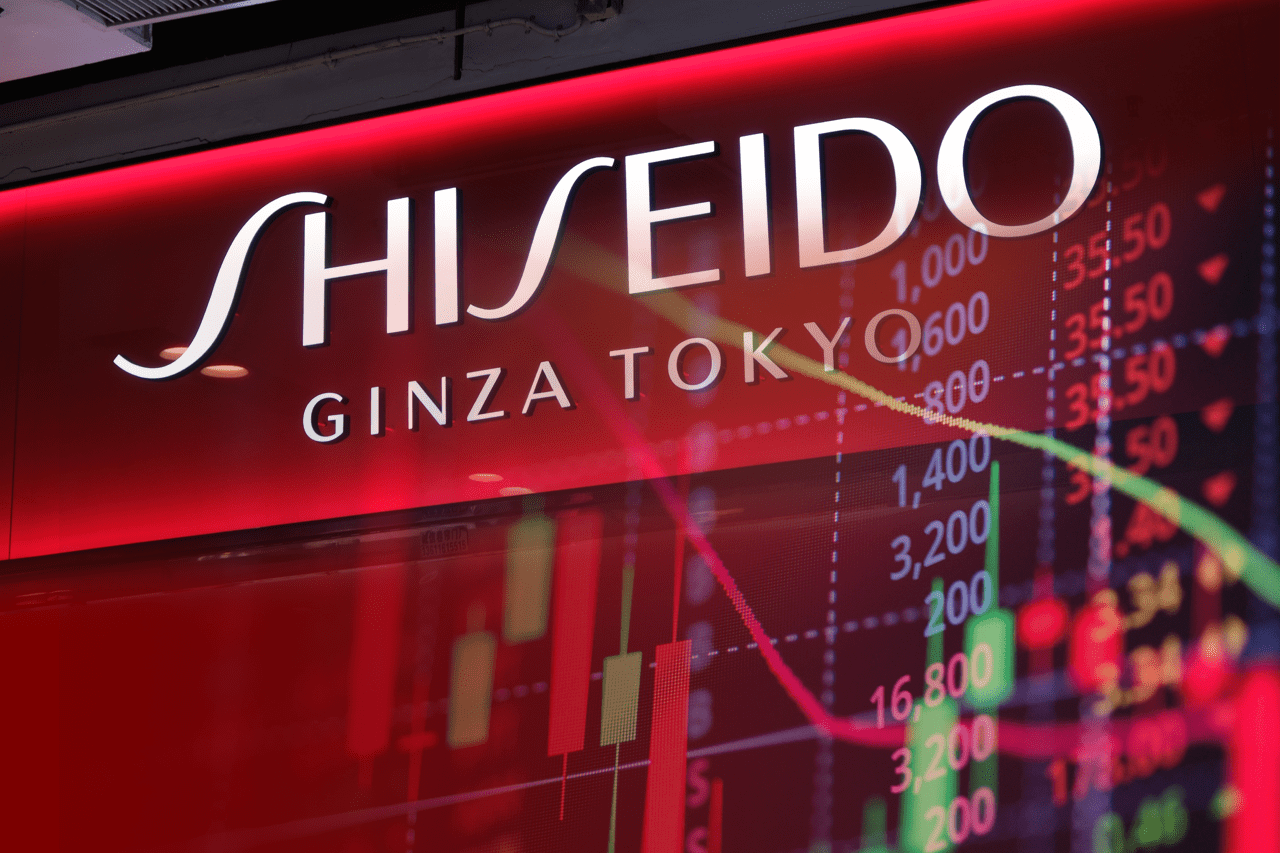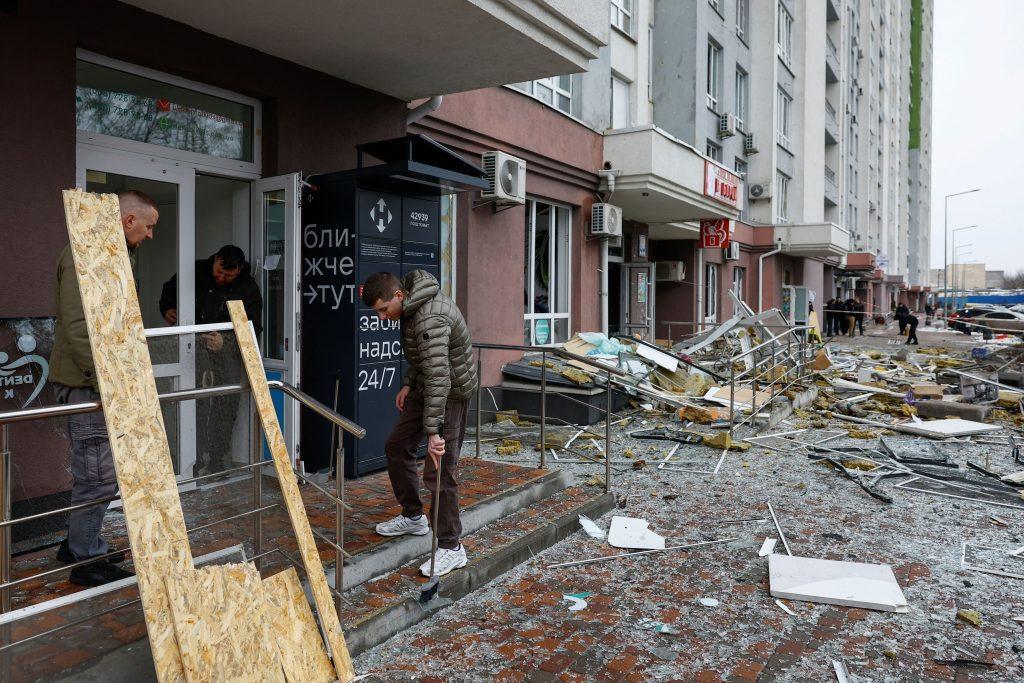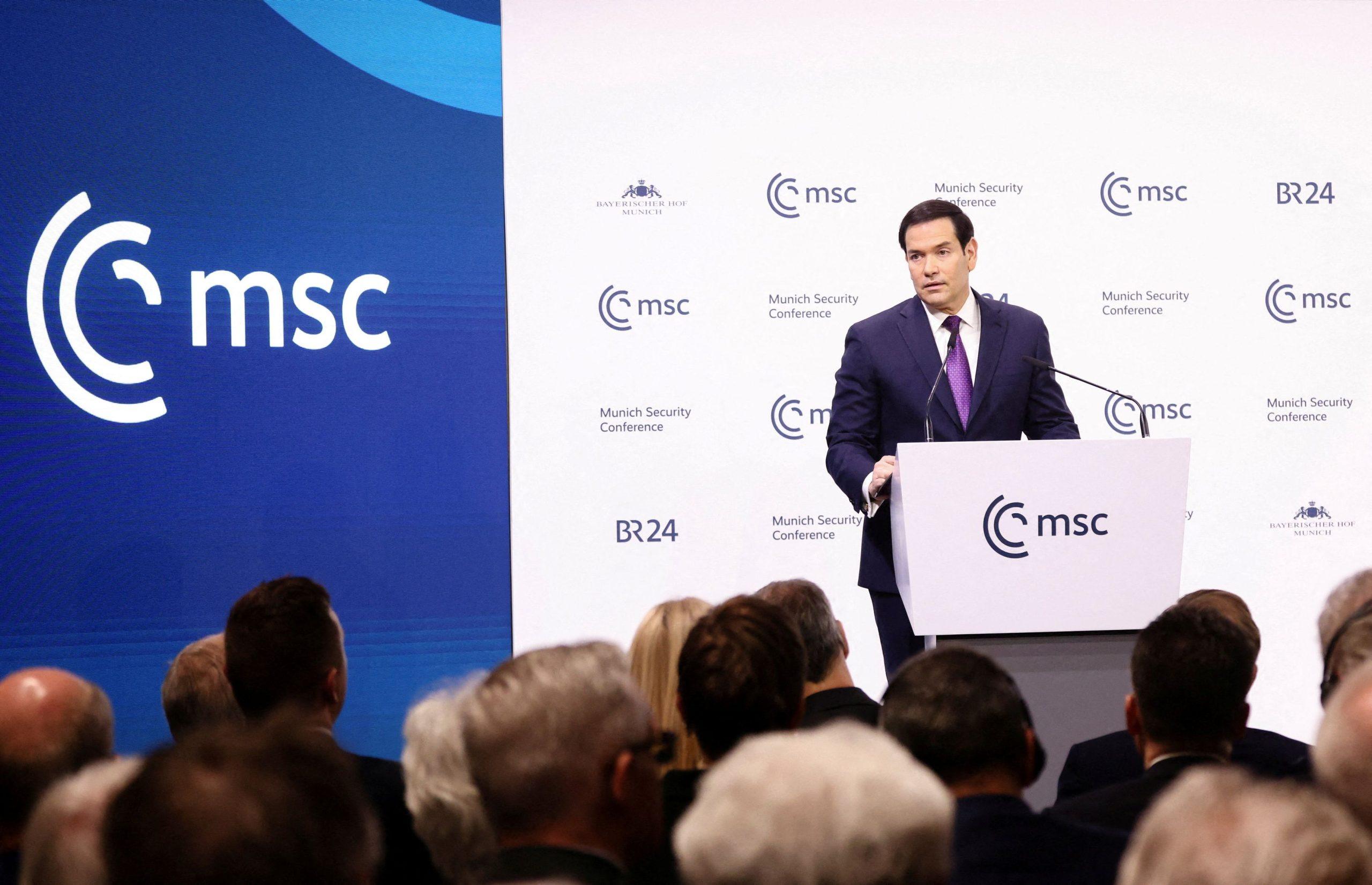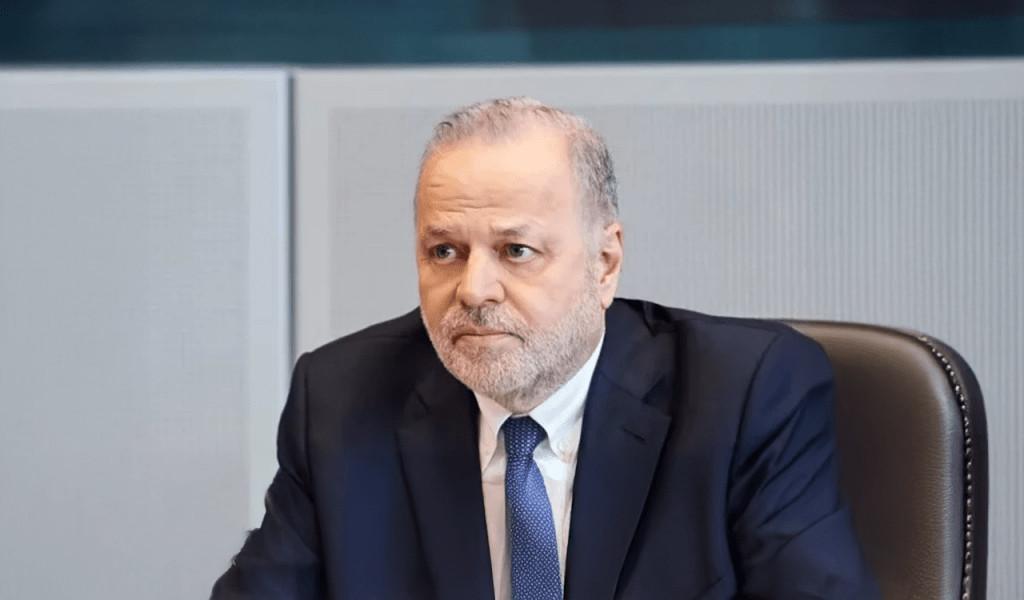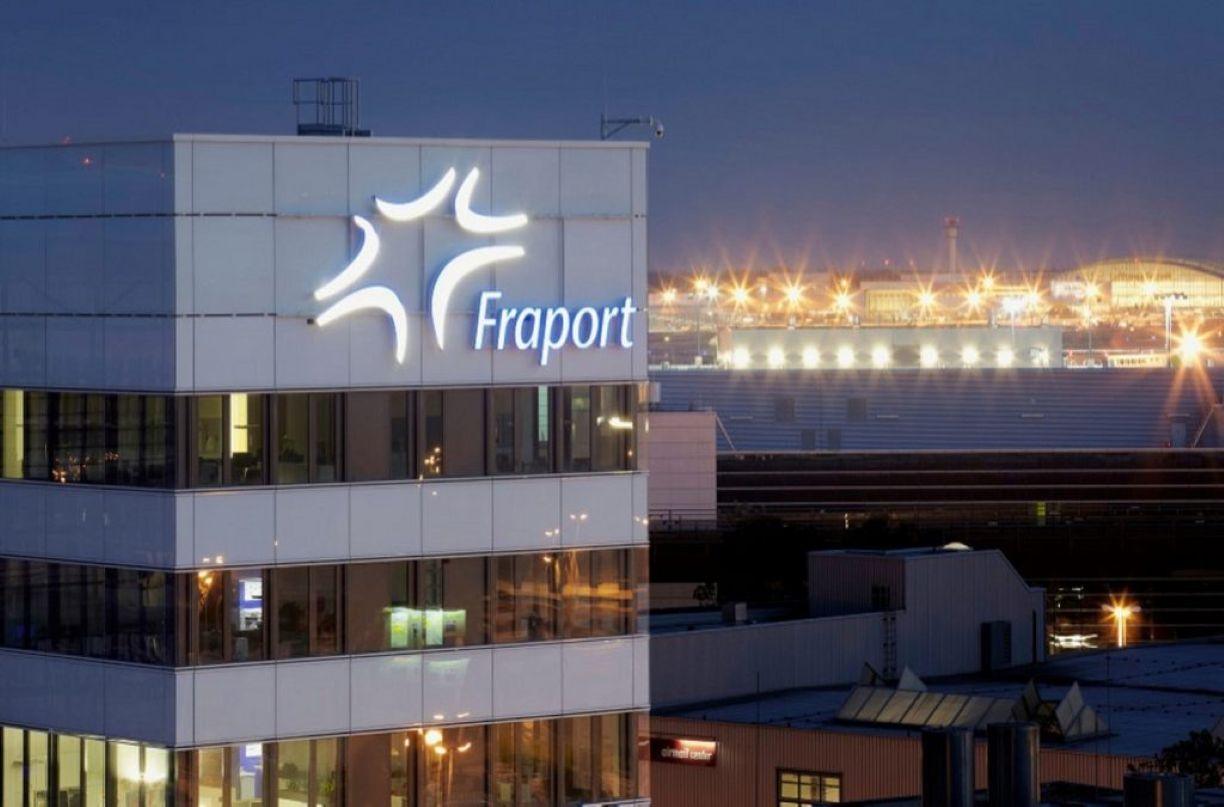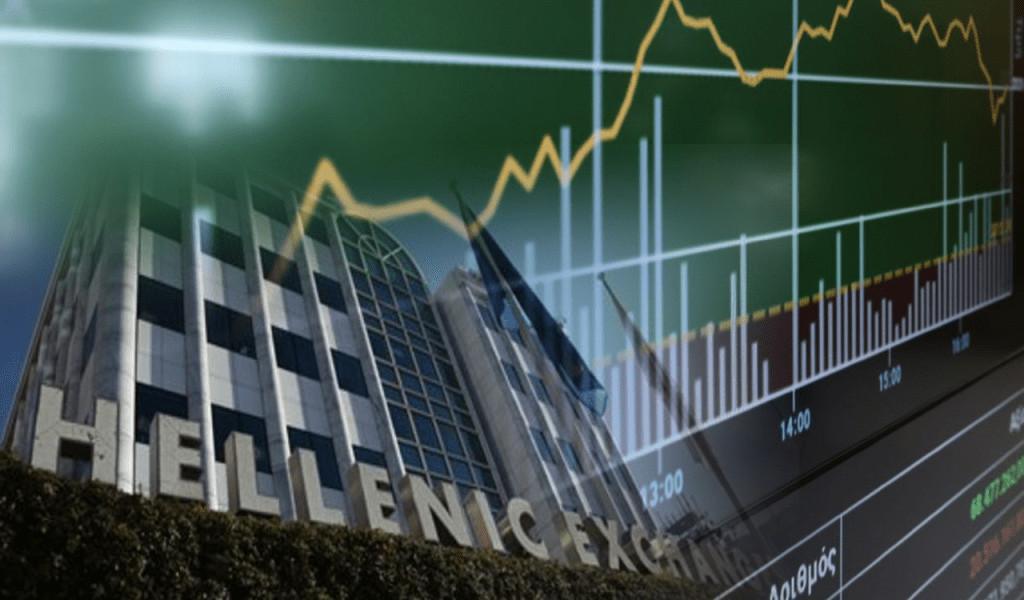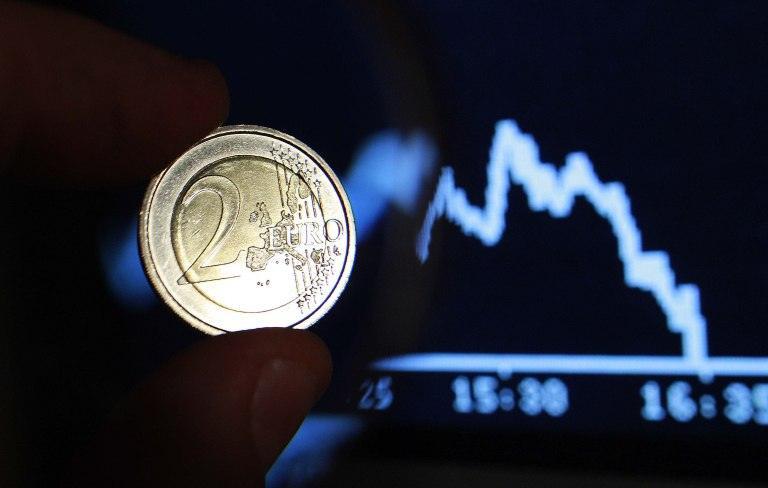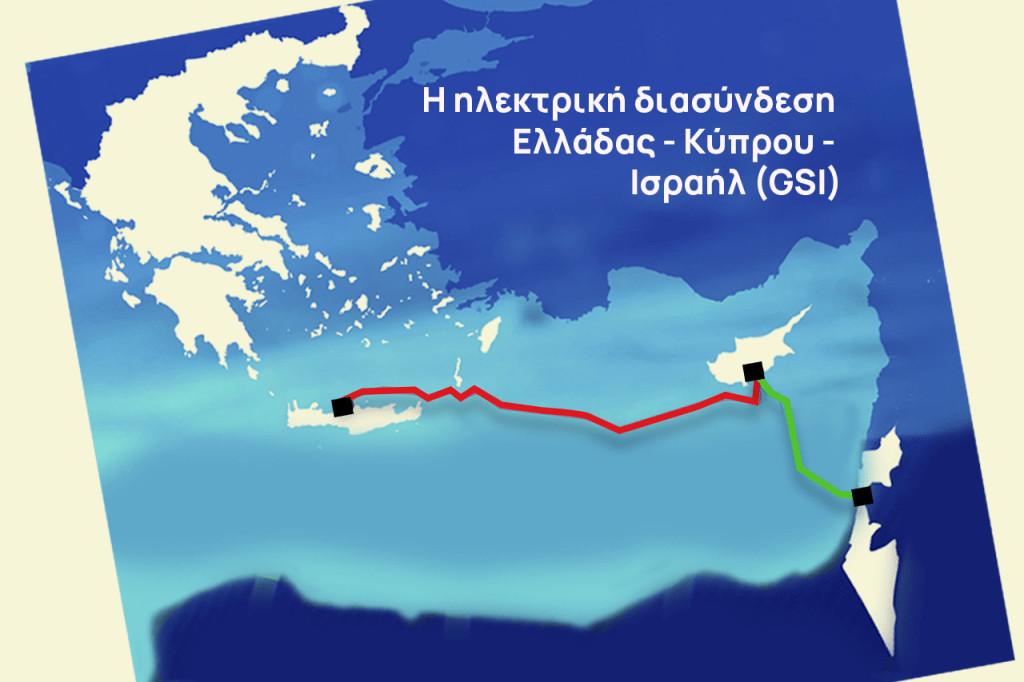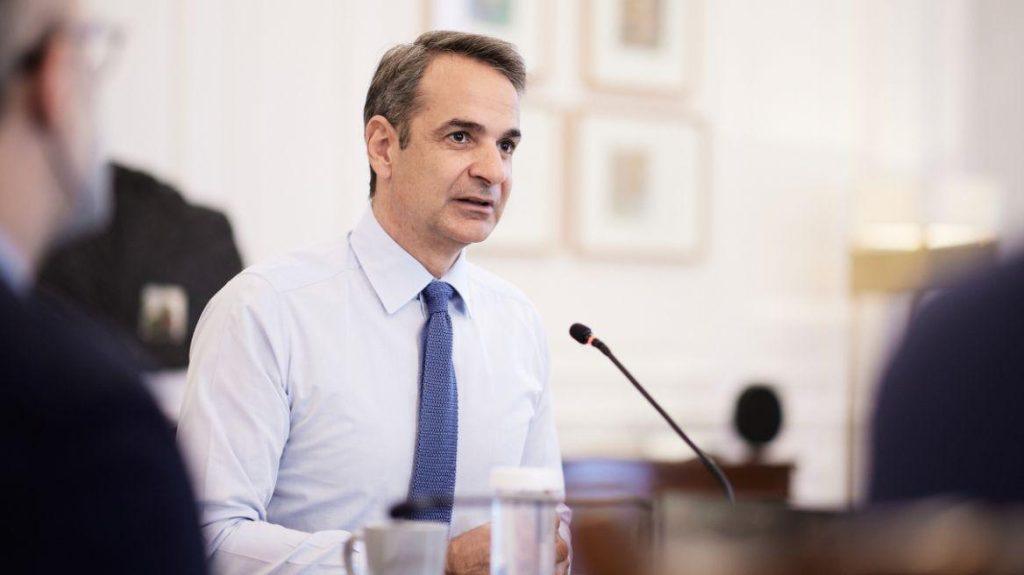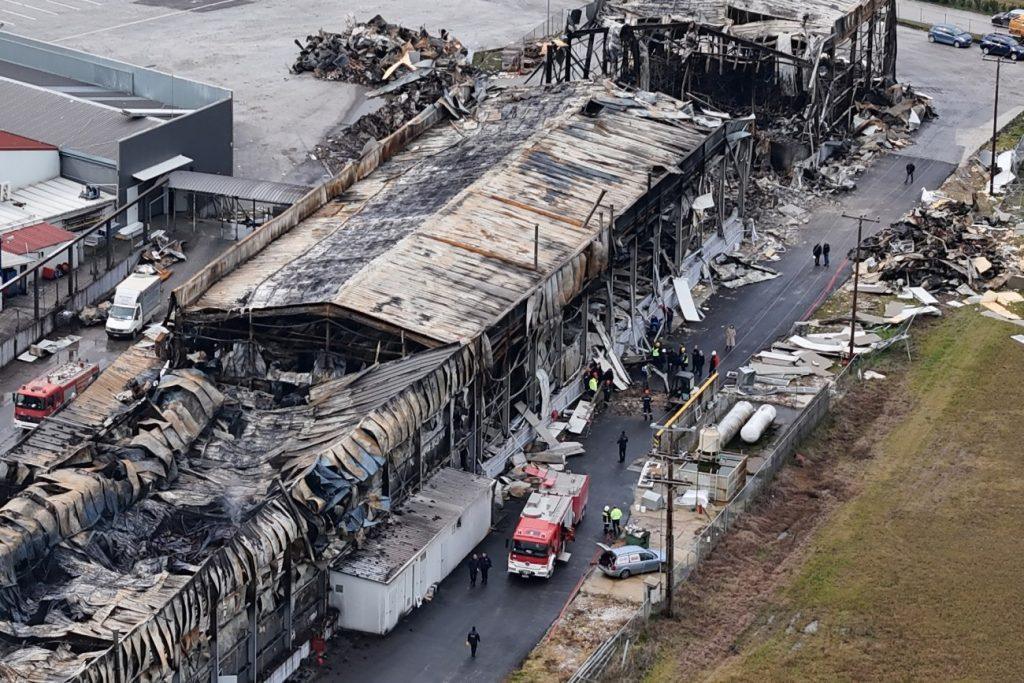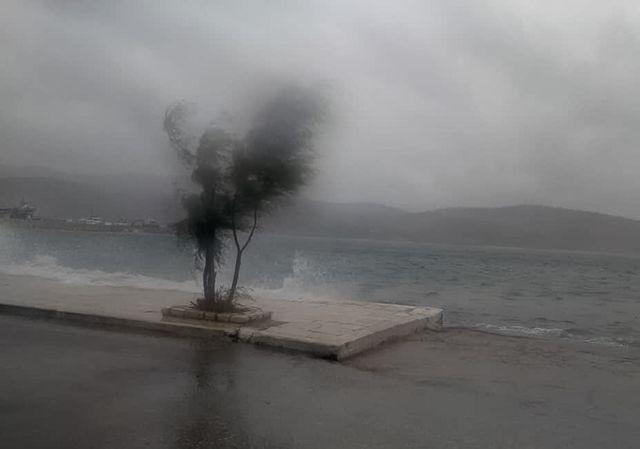As tensions between Israel and Iran escalate, analysts warn that a prolonged conflict could have significant economic consequences for Greece. If hostilities continue for three months, the Greek economy may face losses of up to €2.6 billion, impacting key sectors such as tourism, trade, shipping, and energy.
Energy Prices on the Rise
While Greek refineries do not directly rely on Iranian oil, uncertainty in global markets has already driven energy prices higher. Should the Middle East crisis continue, oil and natural gas prices could surge by as much as 20%. For Greece, this would translate into an additional €1 billion burden on energy imports — equivalent to approximately 0.4% of the country’s GDP.
Rising energy costs would quickly ripple through the economy, driving up prices for transportation, heating, and electricity, potentially triggering a new wave of inflation. An even more concerning scenario would involve the closure of the Strait of Hormuz, a crucial maritime route for oil shipments. Insurance premiums for Greek shipping interests could rise by €300 to €500 million, while blocked shipping lanes would lead to delays and higher prices for transported goods, including essential imports from Asia.
Supply Chain Disruptions and Trade Impact
In the trade sector, the conflict could cause a 5% to 7% increase in the cost of imported goods from Asia. This would add an estimated €200 to €300 million in expenses due to higher transportation costs and supply chain disruptions. Such increases would inevitably affect both businesses and consumers in Greece.
Vassilis Korkidis, president of the Piraeus Chamber of Commerce and Industry, summed up the growing concern: “The serious military tension between Israel and Iran, with the looming threat of a wider conflict, has serious and multilayered economic repercussions, both regionally and globally.”
Tourism Industry at Risk
Greece’s tourism sector, a critical pillar of its economy, is also vulnerable. Analysts estimate that cancellations from Israeli and Gulf country tourists could cost up to €800 million during the May-to-July period. So far, cancellations have reached around 15%, and there are concerns that other nearby markets could also see declining visitor numbers if instability persists.
Government on High Alert
Greek officials are closely monitoring the situation. The Ministry of Development has already ordered stricter fuel market inspections to prevent illegal profiteering amid reports of unjustified price hikes at gas stations. The Minister of Development stressed, “The military escalation in the Middle East is extremely alarming and dangerous. De-escalation is absolutely necessary.”
Meanwhile, Greece is advocating for coordinated European measures to stabilize energy prices and strengthen energy security across the EU. At the EU Energy Ministers’ Council in Luxembourg, Greece is pushing for policies that reinforce the REPowerEU roadmap, calling for greater energy market integration and stronger cross-border energy connections.
Source: Tovima.com
